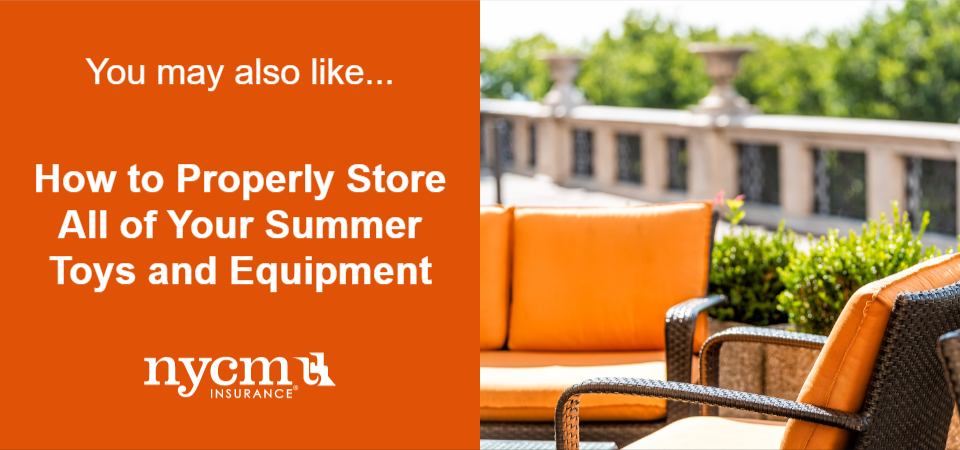How to Close-Up Camp for the Summer
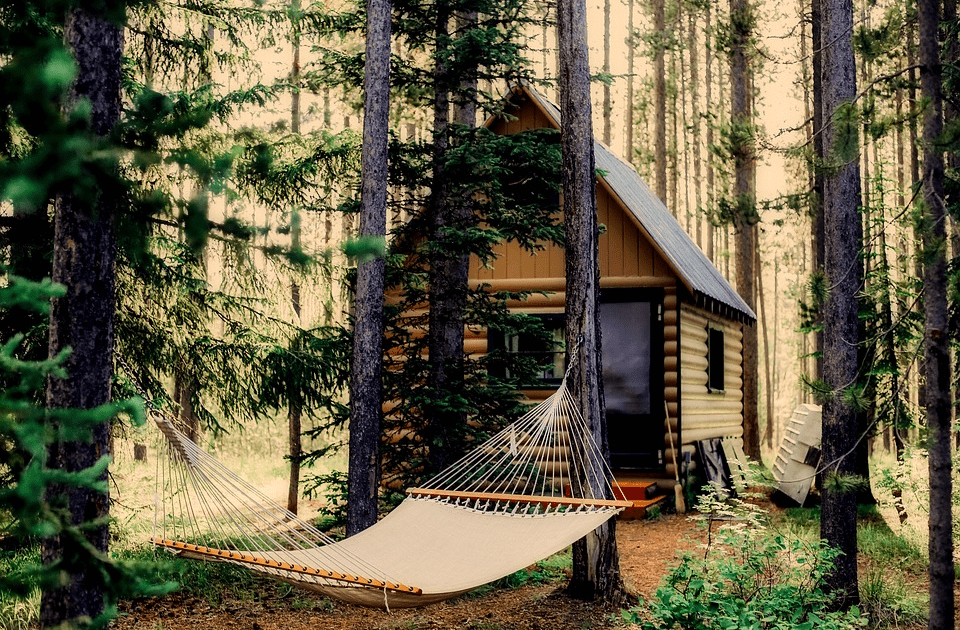
With summer weather slipping away and cooler
temperatures settling in, many may be thinking it’s time to close-up camp for
the season. Taking steps to winterize your cabin or campsite will
save you a lot of time and money when you return in the spring. We’ve put together a
comprehensive guide on how to properly close your camp for the summer. Continue reading to learn
more.
Cleaning
House
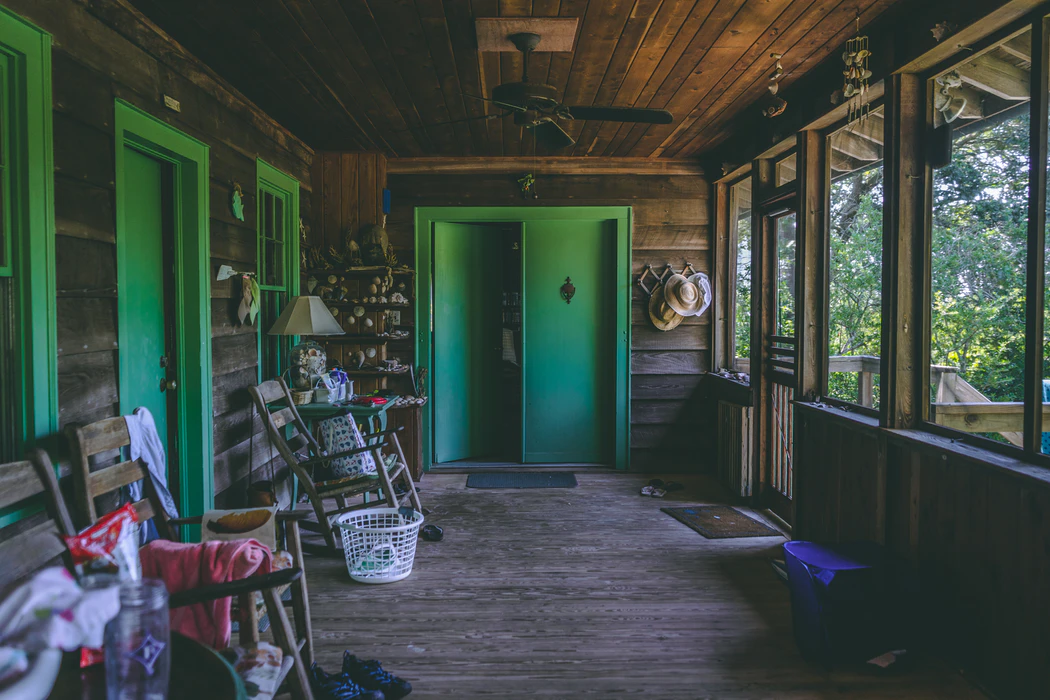
First
things first, you’ll want to start with a thorough cleaning of all appliances and
electronics. Be sure to remove batteries from clocks, cover your smaller appliances, and make sure that
everything has been unplugged. Don’t forget to remove all food from your
fridge, freezer, and pantry. As you clean, you’ll want to spot check for any
stray crumbs that may invite rodents, raccoons, or other pests. Note that anything you clean with can become
a breeding ground for bacteria and can also attract pests, so be sure to empty
your vacuum and bring home your mop for washing. Pro-tip: Be sure to bring home
any cleaning supplies you may have at camp, as hazardous chemicals and
pesticides can actually freeze and explode when temperatures are low.
Furniture
and Equipment
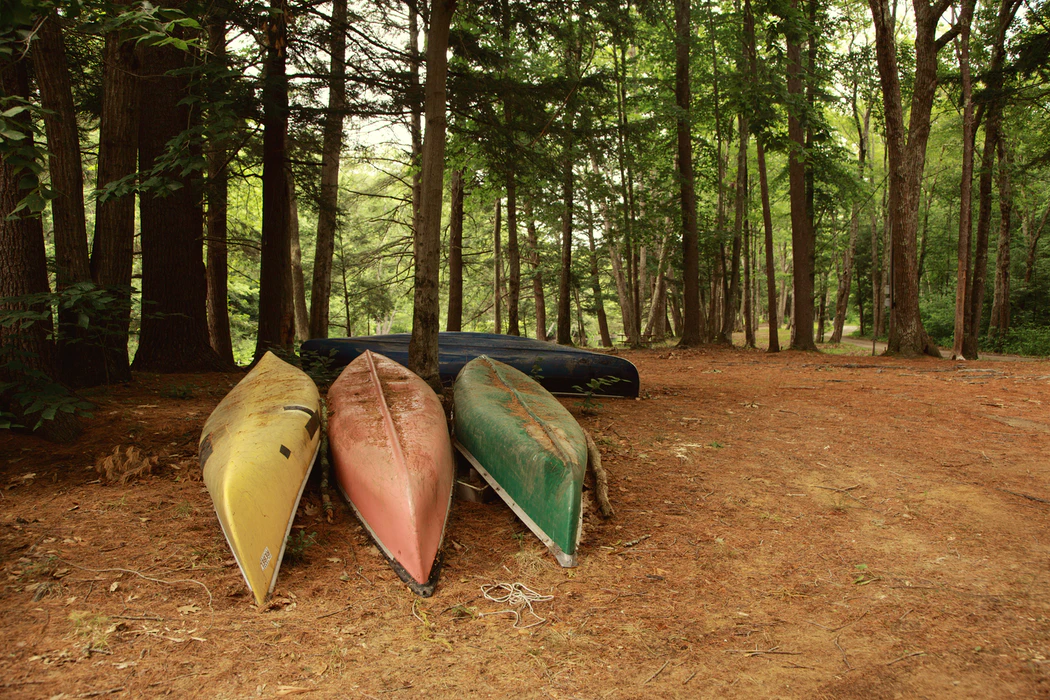
Follow
these tips to prevent weather-related damage to your outdoor furniture
and equipment.
Boats
and Water Equipment
Small boats like canoes and kayaks
should be drained, dried and turned upside down. Outboard motorboats and other
powered equipment will have a more involved winterizing process. First, you’ll
want to review your instruction manual for details about specific winterizing
and storage requirements. In many cases, you will need to add a fuel stabilizer
to the fuel tank to keep it fresh. Be sure that all winterizing
and cleaning tasks are done away from any body of water, as many detergents and
motor oils can be harmful to natural ecosystems and
wildlife. Following that, boats should be stored away from shore, either covered
or in a storage facility.
Outdoor
Furniture and Toys
Be
sure to collect all of your outdoor furniture and toys for a quick wash. Once
dry, you should store toys and furniture in a covered space. Many summertime
toys such as high-powered water guns, bubble-making machines, and motorized
water toys require batteries. Be sure to remove all batteries prior to cleaning and
storing.
Docks
Removable
docks should be pulled out of the water and stored on land over the winter. You
will want to start by checking all nuts and bolts to ensure that they are
tight. Next you can loosen the anchor chains to allow for higher water levels. Then you can remove any
ladders and ramp legs. Following that, you can disconnect the ramp and place
the dock on shore. It’s best to tie a safety chain from the dock to a strong
fixed structure on shore. Pro-tip: Mark your dock with something tall if your
campsite is in an area where snowmobilers tend to ride in the winter.
Utilities
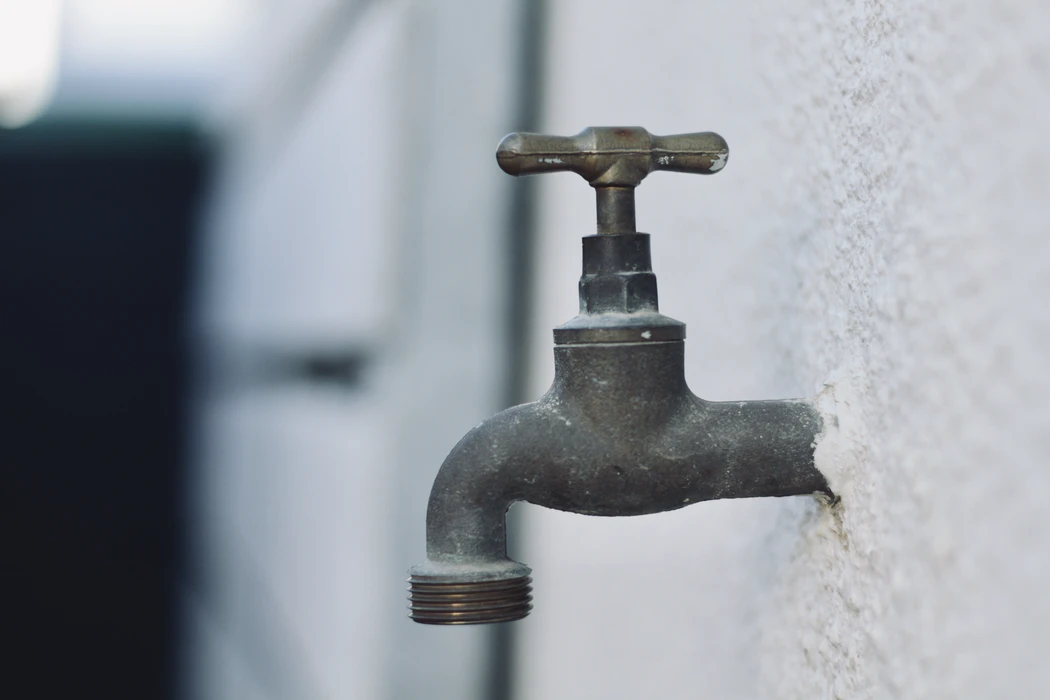
Leaving
your utilities (like your electric and water) running over the winter not only
costs you money, but it can also be dangerous. To protect your campsite from
burst pipes or electrical fires, follow these tips.
Electric
Be
sure to call your service provider to cancel or pause your electric service.
Remember to do another sweep through the property and unplug any appliances and
electronics.
Heating
If
your campsite has oil heat, be sure to have a licensed
professional come out to protect the tanks from ice and snow damage with a
filter protector. If you have gas heat, be sure to shut off the gas tank. For
outdoor fire pits and fireplaces, you’ll want to remove any debris so that it
doesn’t rust or clog up over the winter. If there is a gas or
electric component to your fire pit, you’ll want to turn those
off. Then, simply cover your fire pit with a fitted, weather-resistant cover.
Water
To
prevent your pipes from freezing you’ll want to have your
water shut off for the season and then drain your pipes. Be sure to leave
faucets open to prevent air locks and to drain your water heater as well. If
your water heater is electric, be sure to turn off the system to prevent the elements
from burning while it’s empty. Don’t
forget to drain your toilet tank as well.
Inspection
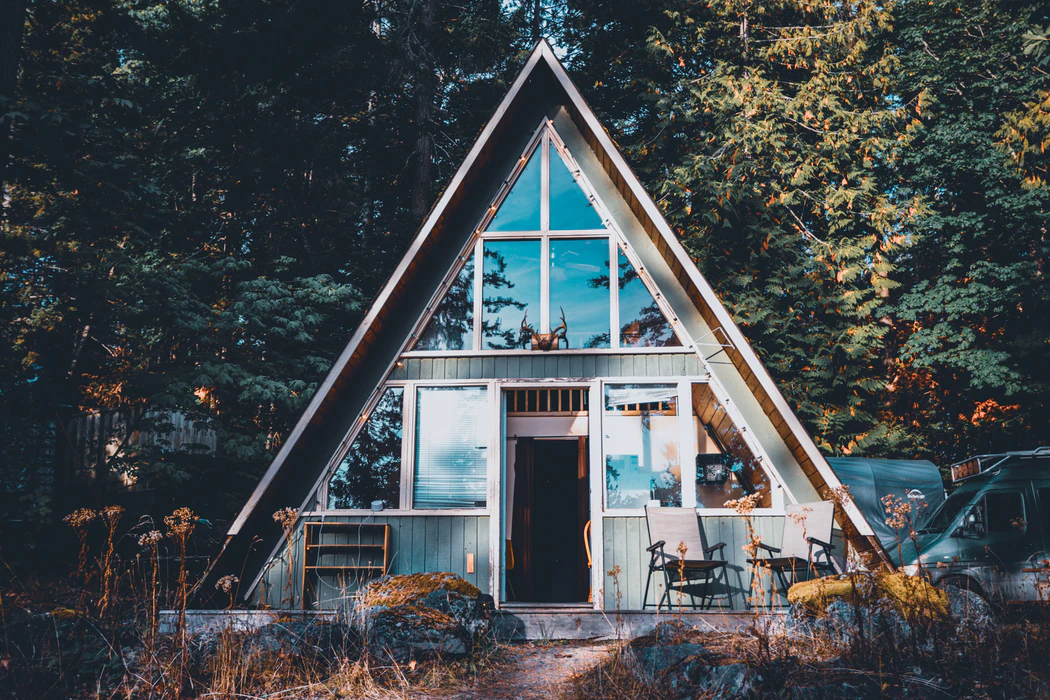
Between
a build-up of debris in the gutters, snow on the roof, and pests looking for
somewhere to make their winter home, a few months away from camp can really put
it through the ringer. To best protect your property, be sure to thoroughly inspect your roof, gutters, septic
tank, water heater, sump pump, windows, and walls before officially closing up
for the season.
Locking
Doors and Securing Windows
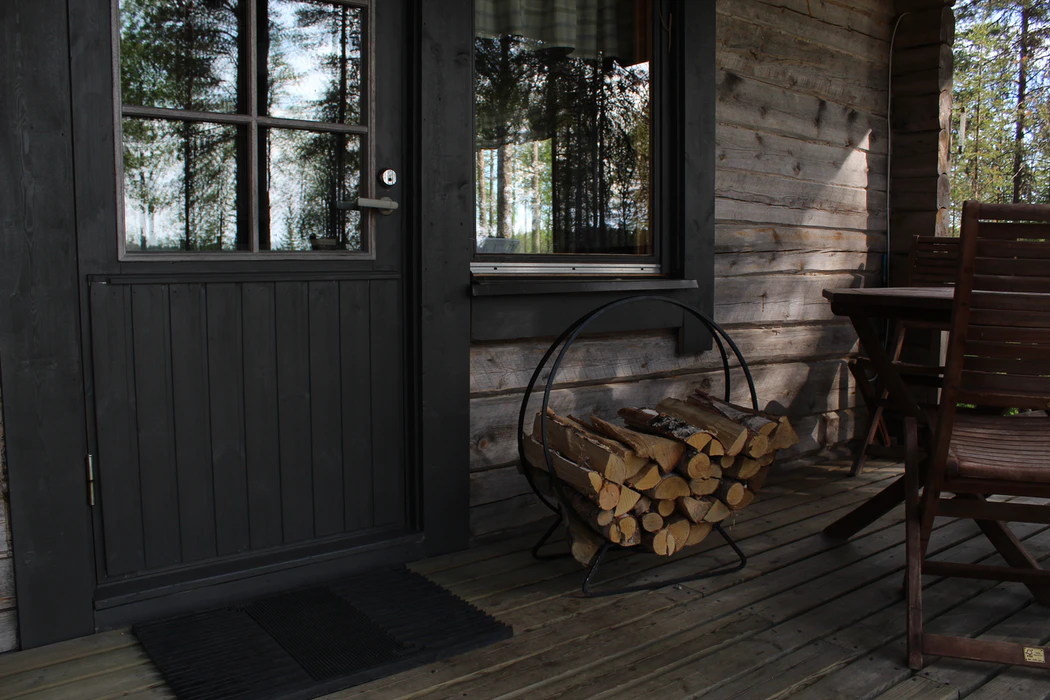
It
should go without saying that locking up before you leave for the season is a
critical step in protecting your campsite. Be sure to do a run through of the
camp and make sure that all external doors and
windows are locked. Don’t forget to pull down shades and close blinds. During
winter months, it is not uncommon for snow to damage your windows. You can
reinforce windows with a layer of thin metal or plywood for added protection.
Winter is also a common time for break-ins. To prevent intruders from
coming into your camp, you might consider installing a deadbolt.
For
more information on how to winterize your belongings, check out the link below.
